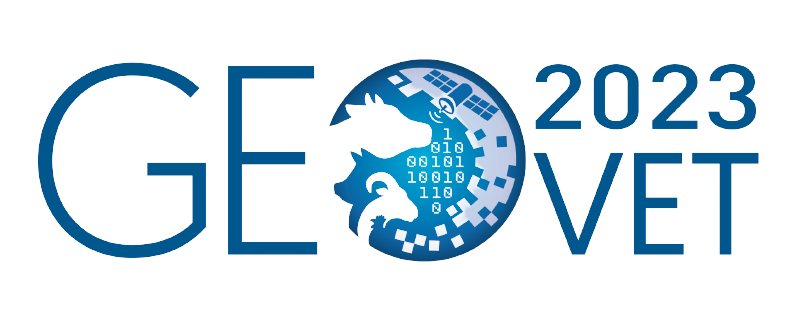Abstract
During the past years, Campania Region experienced an environmental emergency due to illegal dumping of industrial and domestic waste, often set on fire so the involved area was dubbed “Terra dei Fuochi” (Land of Fires-TdF). This led to deep concerns over population health and over potentially devastating impact on the agricultural market, one of the pillars of the region’s economy (Comba et al., 2006). In such a context, a timely, accurate, and reliable flow of information, aimed both at the population and at stakeholders, is crucial for establishing a proper dialogue between institutions and people, driving the empowerment of citizens.
In response to the emergency, the Italian Government issued the Law n. 6 of 2014, converting the Decree 136 of 2013 (D.L. 2013), and set up an ad hoc multidisciplinary Working Group (WG) to identify the sites affected by spills and illegal disposal on the territory. Moreover, WG defined a process to classify those sites in terms of ban production rather than a limitation to specific crops, consequently, allowing appropriate measures to restore the affected sites.
An adequate infrastructure to support knowledge sharing is a strategic component for efficient and effective emergency management. For this purpose, the Italian Government commissioned the IZS Abruzzo e Molise “G. Caporale” (IZS-Teramo), the development of an IT platform (D.L. 2016) to gather and disseminate standardized data, knowledge, and technologies.
The Land of Fires Platform collects a variety of geographical and non-geographical datasets, in ESRI Shapefile and Excel spreadsheets, which have been processed, and normalized to fit the Oracle 12g database structure. The database was connected to an ArcGIS Server 10.8.1 sharing a ReST and a WMS interface to the underlying data.
The platform front-end is a GeoPortal providing users with various applications and services such as a web application for documents management and a GIS Dashboard allowing viewing results through graphs, tables, and an interactive thematic map. Lands belonging to the municipalities under investigation are also available as OGC WMS and ReST web services in order to maximize opportunities for information reuse. Furthermore, a weekly scheduled procedure publishes updated data on a public repository hosted on the GitHub platform.
In particular, the TdF GIS Dashboard has been realized through the ArcGIS Online Operations Dashboards cloud platform in conjunction with a custom application developed using JavaScript open source libraries.
Despite the technical challenges of fusing data from mixed sources and the potential concerns on data ownership, the platform represents an excellent result of collaboration and cooperation for emergency management and data dissemination and a valid point of reference for the definition of a model of communication between stakeholders and community engagement, that can be reproduced and reused in different areas, at national and international level.
References
Comba, P., Bianchi, F., Fazzo, L., Martina, L., Menegozzo, M., Minichilli, F., Mitis, F., Musmeci, L., Pizzuti, R., Santoro, M., Trinca, S., Martuzzi, M., & Health Impact of Waste Management Campania Working Group (2006). Cancer mortality in an area of Campania (Italy) characterized by multiple toxic dumping sites. Annals of the New York Academy of Sciences, 1076, 449–461. https://doi-org.bibliosan.idm.oclc.org/10.1196/annals.1371.067
Decreto-Legge 10 dicembre 2013 (Disposizioni urgenti dirette a fronteggiare emergenze ambientali e industriali ed a favorire lo sviluppo delle aree interessate), convertito, con modificazioni, dalla legge 6 febbraio 2014, n. 6
Decreto del 26 febbraio 2016 (Individuazione di ulteriori terreni della Regione Campania da sottoporre ad Indagini dirette nonché modificazioni al decreto 11 marzo 2014), Gazzetta Ufficiale del 18 marzo 2016



